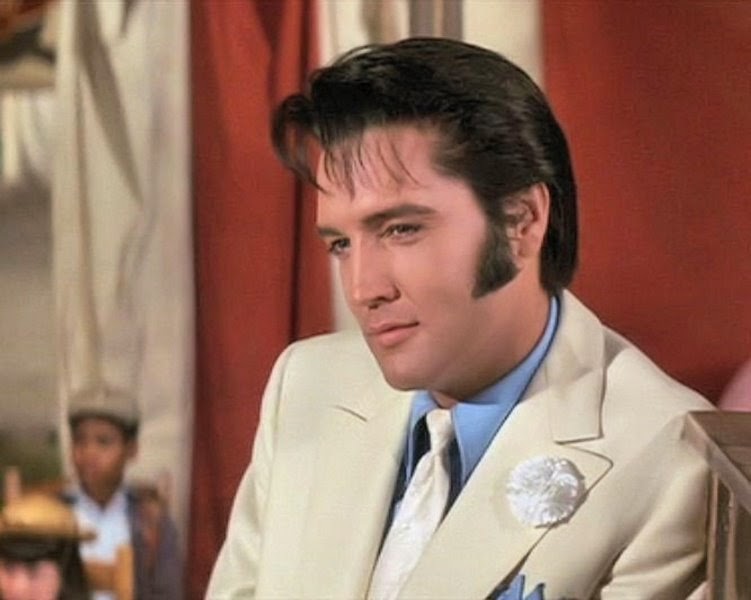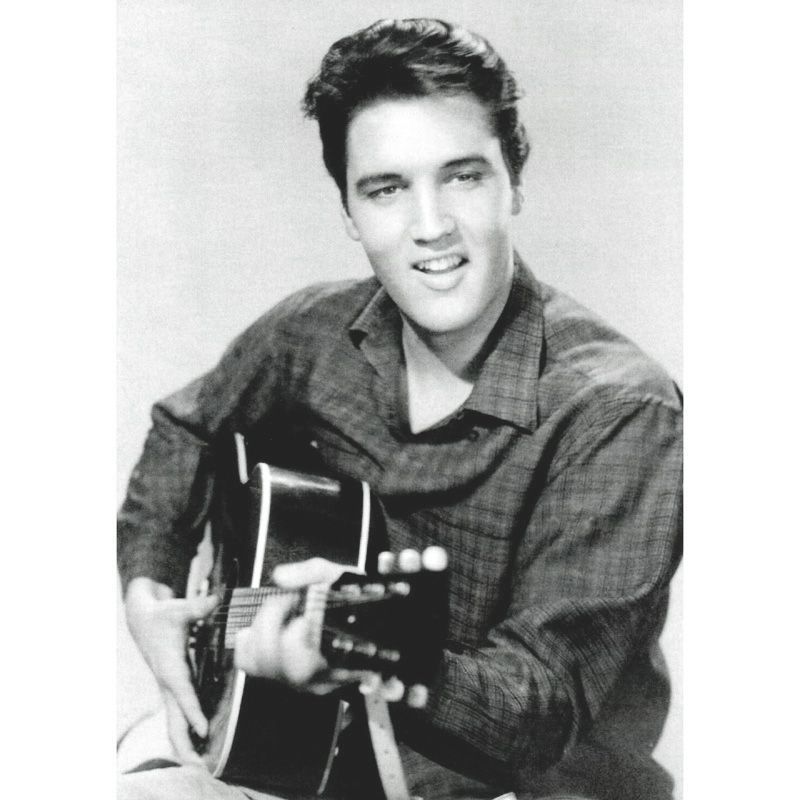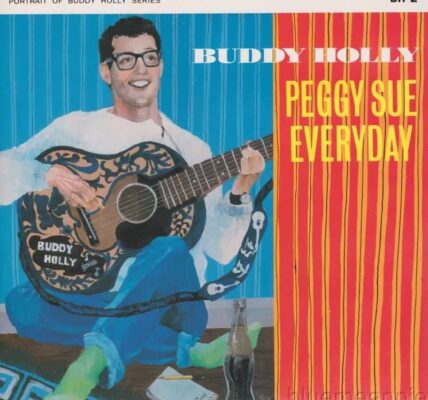“Early Morning Rain” is a poignant folk song originally written and recorded by Canadian singer-songwriter Gordon Lightfoot in 1966. However, Elvis Presley’s rendition of the song, released in 1971, brought it to a wider audience and left an indelible mark on music history.

Presley’s version of “Early Morning Rain” is characterized by his rich, velvety voice and heartfelt delivery. He captures the essence of the song’s longing and melancholy, infusing it with his signature style and emotion. The simplicity of the arrangement, with its acoustic guitar accompaniment, allows Presley’s vocals to take center stage, drawing listeners into the raw emotion of the lyrics.
The song tells the story of a weary traveler who finds himself stranded at an airport, reflecting on lost love and yearning for escape. The imagery of the early morning rain adds to the sense of isolation and longing, evoking a powerful sense of nostalgia and longing for what once was.

What sets Presley’s rendition apart is his ability to convey the emotion and depth of the song, turning it into a timeless classic that resonates with listeners across generations. His interpretation captures the universal themes of love, loss, and longing, making “Early Morning Rain” a song that continues to touch the hearts of audiences around the world.
In terms of its impact on music history, Presley’s version of “Early Morning Rain” helped introduce Gordon Lightfoot’s songwriting talent to a broader audience. It showcased Presley’s versatility as an artist, demonstrating his ability to interpret and breathe new life into songs from various genres.

Moreover, Presley’s rendition of “Early Morning Rain” contributed to the popularization of folk music within the mainstream music scene. It demonstrated that folk songs could have mass appeal and paved the way for other artists to explore the genre in their own unique ways.
Overall, “Early Morning Rain” stands as a testament to Elvis Presley’s enduring influence on music history, showcasing his ability to connect with listeners on a deeply emotional level and solidifying his legacy as one of the greatest interpreters of song of all time.



